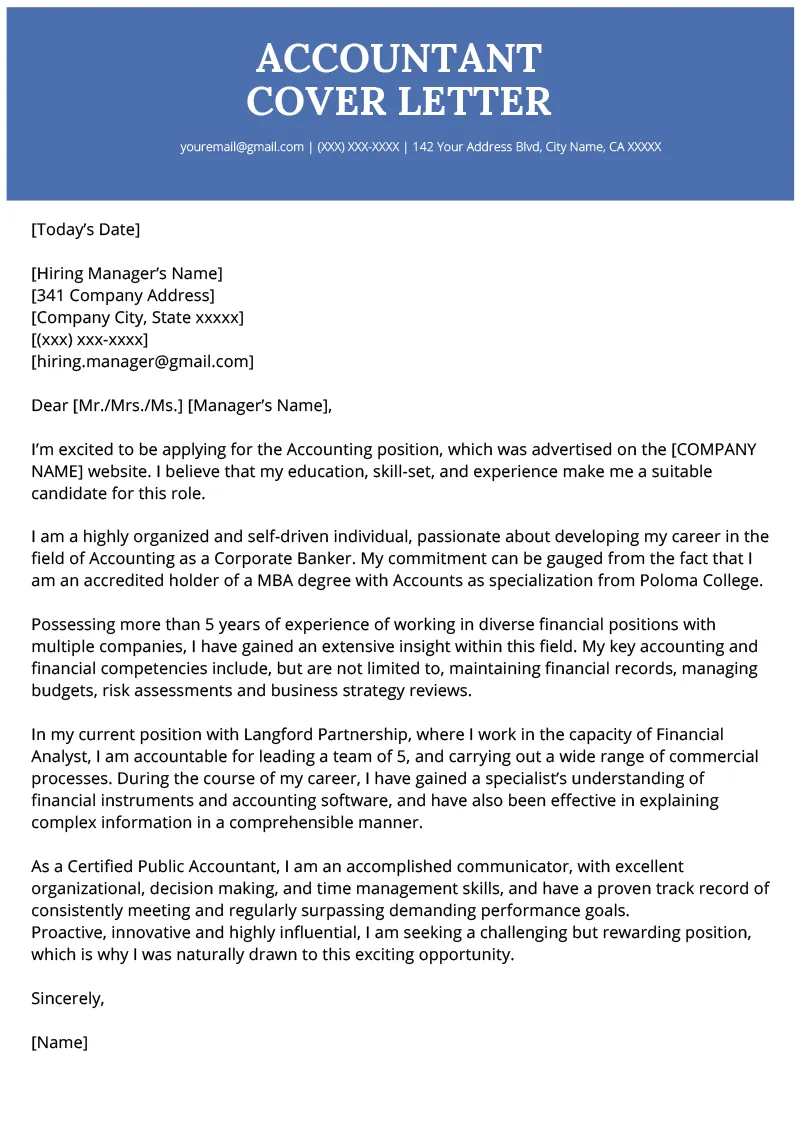Why Apply for the Same Job Twice?
Reapplying for a job might seem counterintuitive, but it can be a strategic move in your job search. There are several valid reasons why you might consider applying for the same position again. Perhaps your qualifications have improved since your initial application, you’ve gained new skills or experience, or you’ve refined your understanding of the role. It’s also possible that the circumstances surrounding the position have changed, making you a more suitable candidate now than before. Furthermore, a persistent and determined approach can sometimes demonstrate your genuine interest in the opportunity. However, it’s crucial to approach this with a well-thought-out strategy and a compelling cover letter to increase your chances of success. Consider all factors before you take any action, and make sure that you’re truly a better fit this time around.
Evaluating Your First Application
Before reapplying, take a critical look at your previous application. What went wrong? Did you miss any key requirements? Was your cover letter clear and concise? Did your resume accurately reflect your skills and experience? Objectively assess your strengths and weaknesses in the initial application. Review the job description carefully and compare it with your previous application materials. Identify any gaps in your qualifications or areas where you could have presented yourself better. This self-assessment will provide valuable insights into what needs improvement and where you can focus your efforts in your new application. This also helps you understand why you were not selected for the job in the first place and what needs to be changed for your next application.
Identify Areas for Improvement
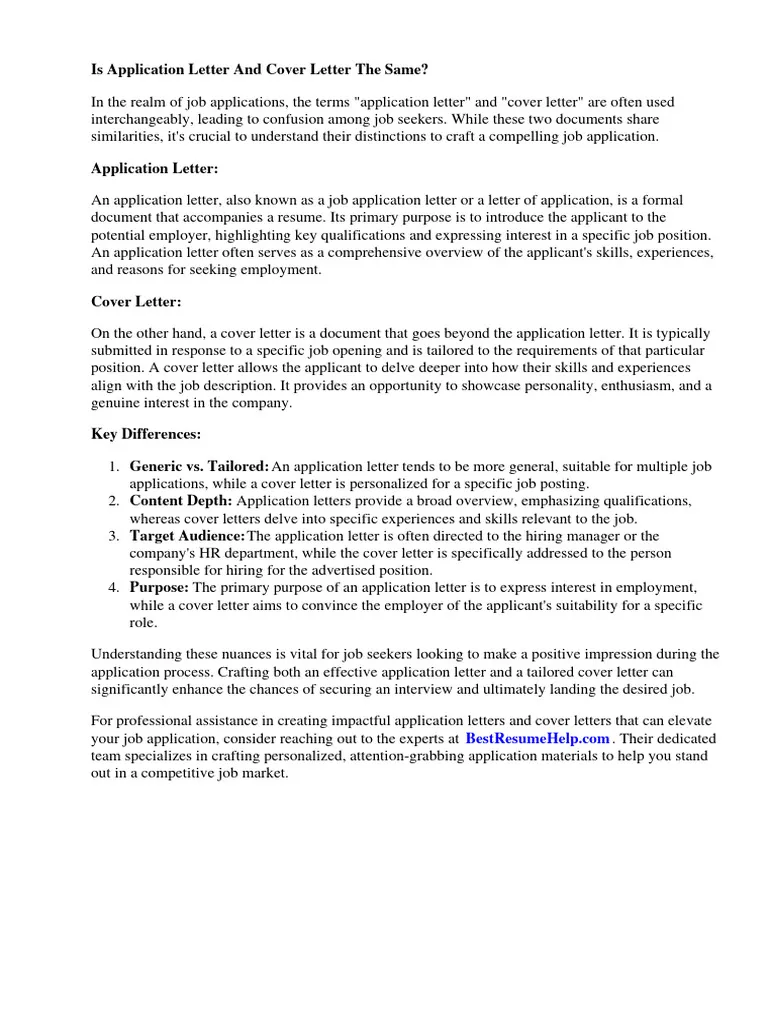
Pinpoint specific areas where your previous application fell short. This could include a lack of relevant skills, insufficient experience in certain areas, or a poorly written cover letter. Did you fail to address key requirements mentioned in the job description? Did you provide enough detail about your accomplishments and how they align with the job’s needs? Once you’ve identified these areas, you can create a plan to address them in your next application. For example, if you lacked a particular skill, consider taking a course or certification. If your cover letter was weak, revise it to be more compelling and tailored to the job. Don’t make the same mistakes twice; learn from your past applications and use the knowledge to improve your chances this time.
Updating Your Skills and Experience
Showcasing your updated skills and experience is crucial for a successful second application. Since your initial application, have you acquired any new skills, certifications, or knowledge relevant to the job? Have you gained more experience in your field? Detail any new accomplishments and projects that highlight your capabilities. This demonstrates your commitment to professional development and your ability to grow in your career. Be specific and provide concrete examples of how you’ve used your new skills and experience to achieve results. Be sure to showcase them throughout the body of the new cover letter. Employers value candidates who are always learning and developing, so this is your opportunity to prove that you’re one of them.
Highlighting New Achievements
If you have new achievements since your first application, highlight them prominently. Quantify your achievements whenever possible to demonstrate their impact. Use numbers and data to show how you’ve improved processes, increased revenue, or achieved other significant outcomes. These achievements should be directly related to the job requirements and demonstrate your ability to excel in the role. This is where you can truly impress the hiring manager and show them that you are a stronger candidate than before. The goal is to show your value and what you can bring to the role, if you have to choose between skills and achievements, the achievements are always more important.
Crafting a Compelling Cover Letter
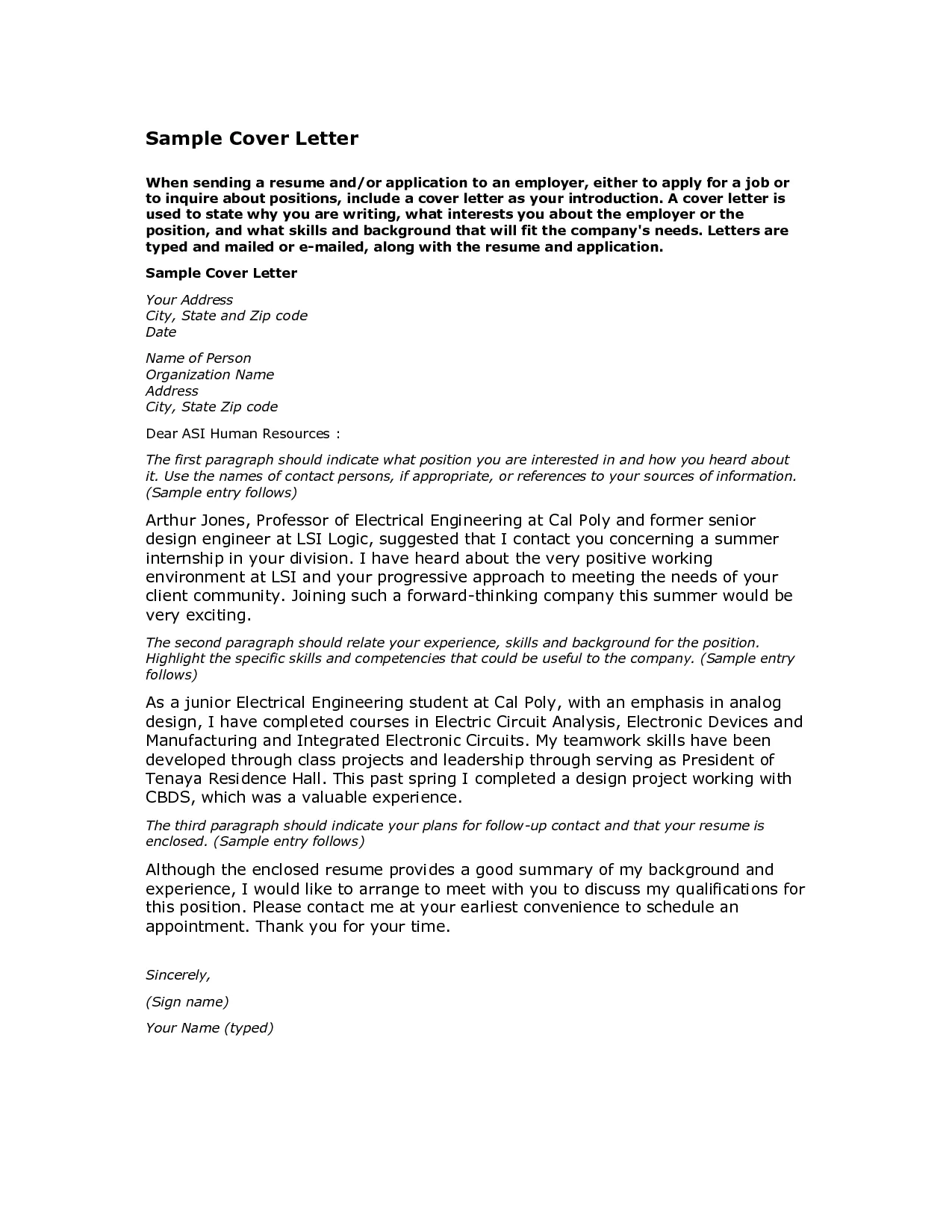
A well-written cover letter is essential when reapplying for the same job. It’s your chance to explain why you’re a better candidate now and to address any concerns the hiring manager might have. The cover letter should be tailored to the specific job and highlight your most relevant skills and experience. It should demonstrate your enthusiasm for the role and your understanding of the company. It’s important to avoid generic language and to show that you’ve taken the time to research the company and the position. Remember, the cover letter is your first impression, so make it count. Create a strong impression on the recruiter with a well crafted cover letter that is specific to the job.
Addressing the Previous Application
It’s generally a good idea to briefly acknowledge your previous application in your cover letter. This shows that you’re aware of the history and that you’re still interested in the position. You can do this by stating that you applied previously, and you’re reapplying now because of your improved skills or the new direction the company has taken. Avoid being apologetic or defensive; instead, frame it positively by highlighting your growth and development. This shows the hiring manager that you’re committed to learning and adapting and that you are serious about the job. Acknowledge the first application and emphasize the improvements and experiences that make you a better candidate this time around.
Focus on Growth and Development
When discussing your progress, focus on the positive aspects of your growth and development. Emphasize how you’ve improved your skills, gained new experience, or acquired new knowledge relevant to the job. This shows that you’re a proactive learner and that you’re committed to your career. Provide specific examples of how you’ve applied your new skills and experience to achieve results. Demonstrate how you’ve addressed the areas for improvement that you identified in your initial application. By focusing on your growth, you’ll show the hiring manager that you’re a valuable candidate who is constantly evolving and improving.
Emphasizing Relevant Skills
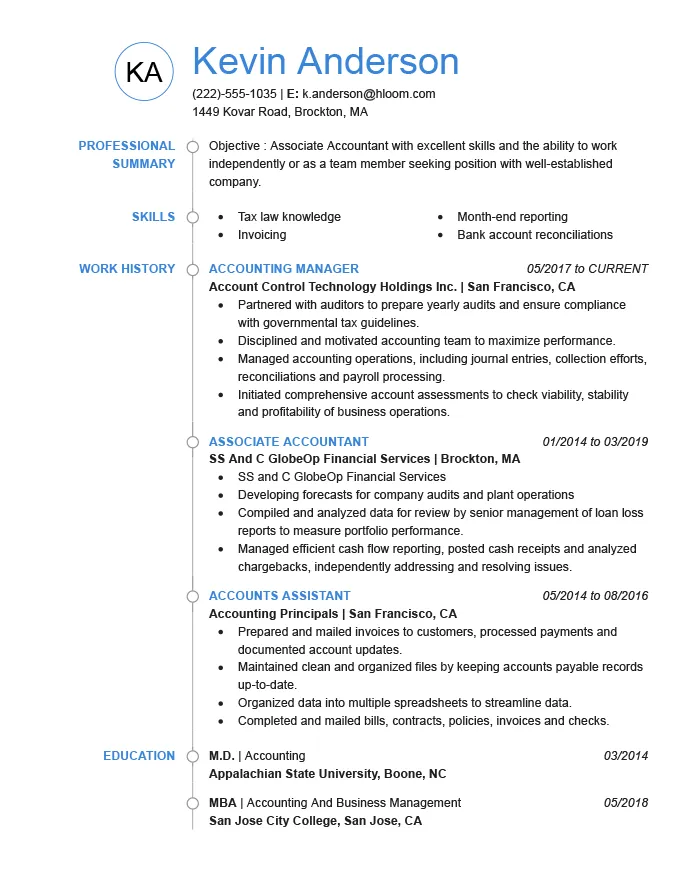
Make sure your cover letter highlights the skills and experiences most relevant to the job requirements. Review the job description carefully and identify the key skills and qualifications the employer is looking for. Then, tailor your cover letter to showcase how your skills and experience align with these requirements. This is where you can truly sell yourself to the hiring manager. Provide specific examples of how you’ve used your skills to achieve results. Quantify your achievements whenever possible to demonstrate the impact of your work. By emphasizing the relevant skills, you’ll show the employer that you’re a strong candidate who is well-suited for the role.
Demonstrating Your Enthusiasm
Expressing your enthusiasm for the job is crucial for making a positive impression. Explain why you’re interested in the position and what excites you about the opportunity. Show that you understand the company’s mission and values, and that you’re a good fit for the culture. Mention any research you’ve done on the company and any recent developments that have captured your interest. The goal is to make sure the hiring manager remembers you as someone who is passionate about the opportunity and the company, and who would be a valuable asset to their team.
Formatting Your Cover Letter
The format of your cover letter is as important as the content. Use a professional format that is easy to read and visually appealing. Choose a clean and simple font, such as Arial or Times New Roman, and use appropriate headings and subheadings to organize your thoughts. Keep your paragraphs concise and avoid using overly long sentences. Make sure your letter is well-formatted and free of any grammatical errors or typos. A well-formatted cover letter shows that you pay attention to detail and that you care about making a positive impression. Ensure that the format is consistent with the company’s guidelines and the job description.
Professional Tone and Language
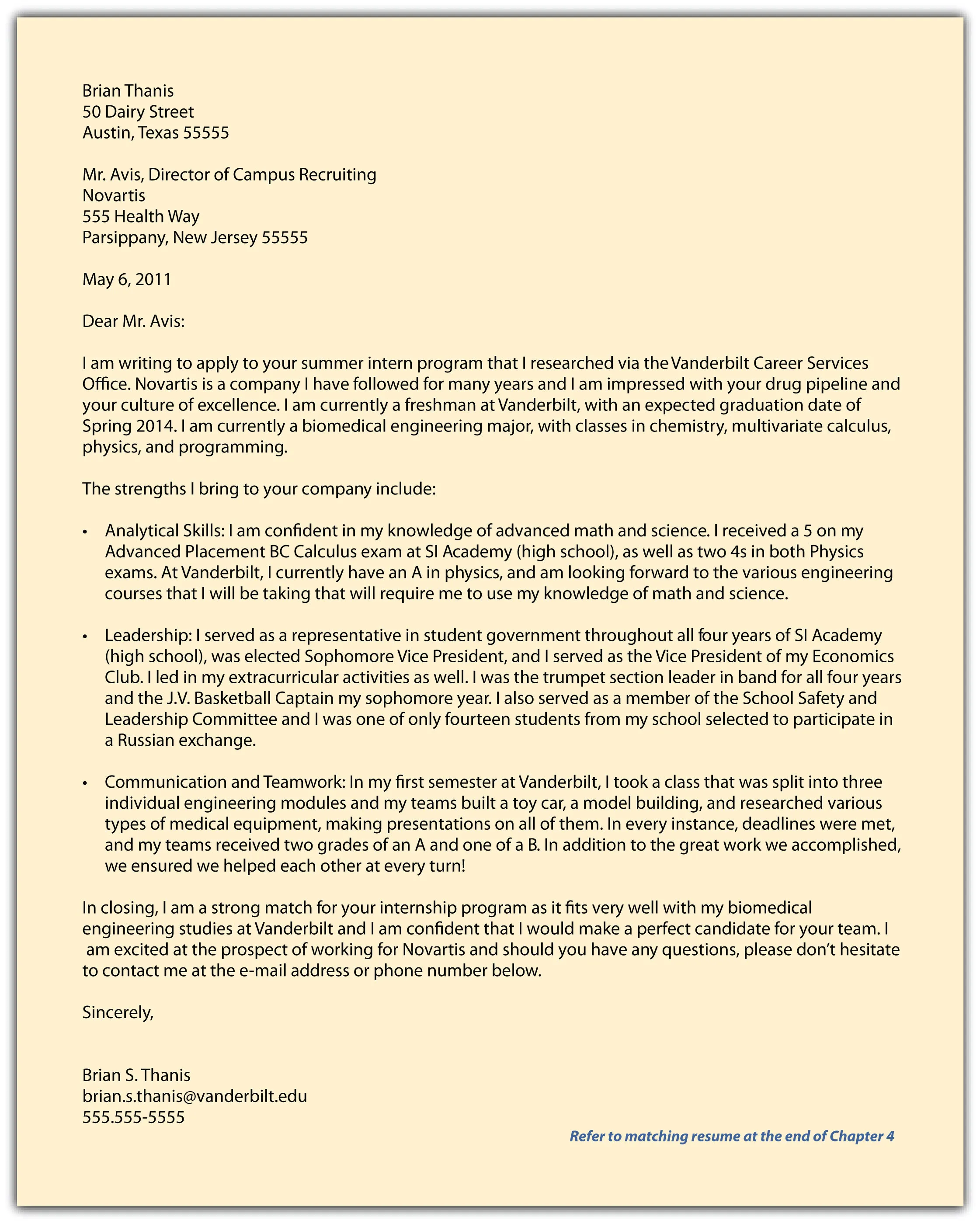
Maintain a professional tone and use appropriate language throughout your cover letter. Avoid using slang, jargon, or overly casual language. Proofread your letter carefully to ensure that there are no grammatical errors or typos. Use strong action verbs to describe your accomplishments and skills. Be polite and respectful in your tone, even if you’re addressing a previous rejection. Ensure that your letter reflects your professionalism and your respect for the company and the opportunity. Your goal is to portray yourself as a polished and professional candidate.
Tailoring to the Job Description
Customize your cover letter to match the specific requirements of the job description. Review the job description carefully and identify the key skills, experience, and qualifications the employer is seeking. Then, tailor your cover letter to showcase how your skills and experience align with these requirements. Use keywords and phrases from the job description to demonstrate your understanding of the role. This shows the hiring manager that you’ve taken the time to understand the job and that you’re a good fit for the role. Also, highlight your relevant skills and experience to the listed requirements.
Keywords and Action Verbs
Use keywords and action verbs to make your cover letter more compelling and to increase your chances of getting noticed. Use keywords from the job description to highlight your relevant skills and experience. Use action verbs to describe your accomplishments and to showcase your abilities. Examples include: Managed, Developed, Implemented, and Achieved. These keywords help the hiring manager quickly understand your qualifications and skills. Use a variety of action verbs to demonstrate your versatility and to keep your cover letter engaging. Remember to integrate the keywords naturally into your writing.
Proofreading for Perfection
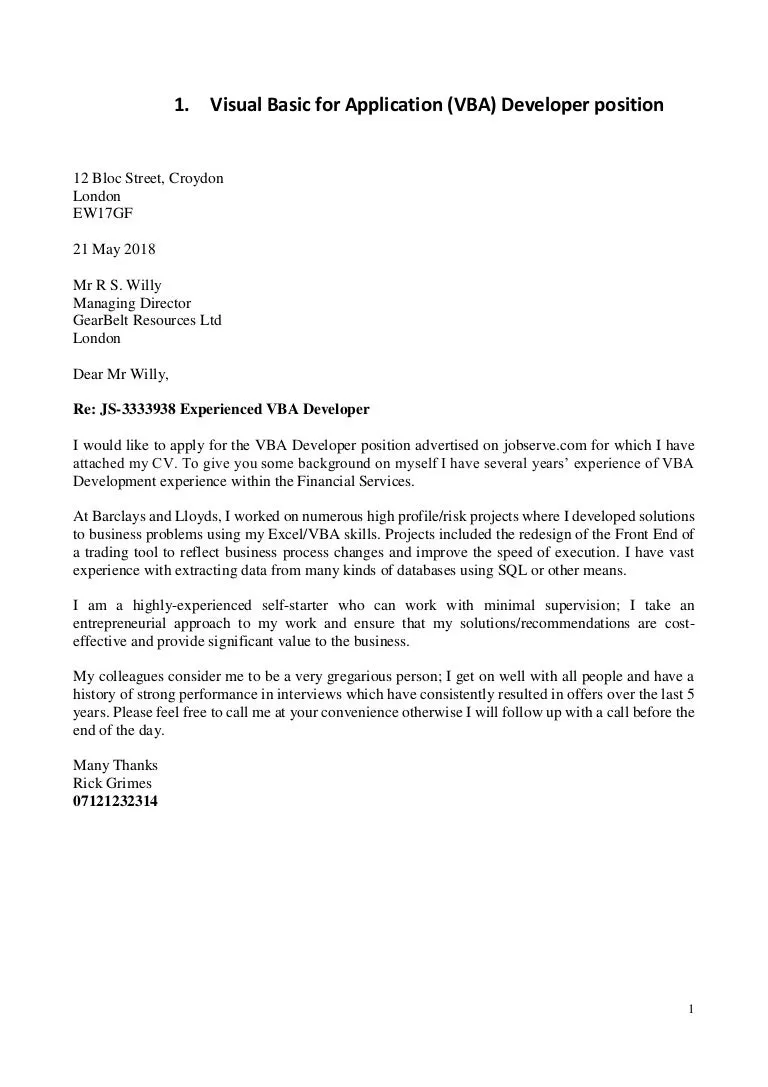
Proofread your cover letter carefully before submitting it. Look for any grammatical errors, typos, or inconsistencies in your writing. Ask a friend or family member to review your letter as well, as a fresh pair of eyes can often catch mistakes you might have missed. Ensuring that your cover letter is free of errors is essential for making a positive impression on the hiring manager. Proofreading shows that you’re detail-oriented and that you take pride in your work. It’s the last step in creating a perfect cover letter, so don’t skip it.
Submitting Your Application
Follow the instructions provided in the job posting for submitting your application. Ensure that you submit your resume and cover letter in the correct format and that all required documents are included. Double-check that you’ve addressed your application to the correct person and that you’ve included any necessary references. Sending a complete and well-organized application demonstrates your attention to detail and your professionalism. Make sure you submit your application by the deadline to avoid missing the opportunity. Always double check all required materials are attached and properly formatted.
Timing and Follow-up
Consider the timing of your application. If the job posting is recent, there may be less competition. If the job posting is old, the company may have already received many applications. However, if the role is still open, you should always apply. If you haven’t heard back within a reasonable timeframe, follow up with the hiring manager. Send a brief email to reiterate your interest in the position and to inquire about the status of your application. Keep your communication brief and professional, and avoid being overly persistent. Following up shows that you’re genuinely interested in the role.
When to Avoid Reapplying
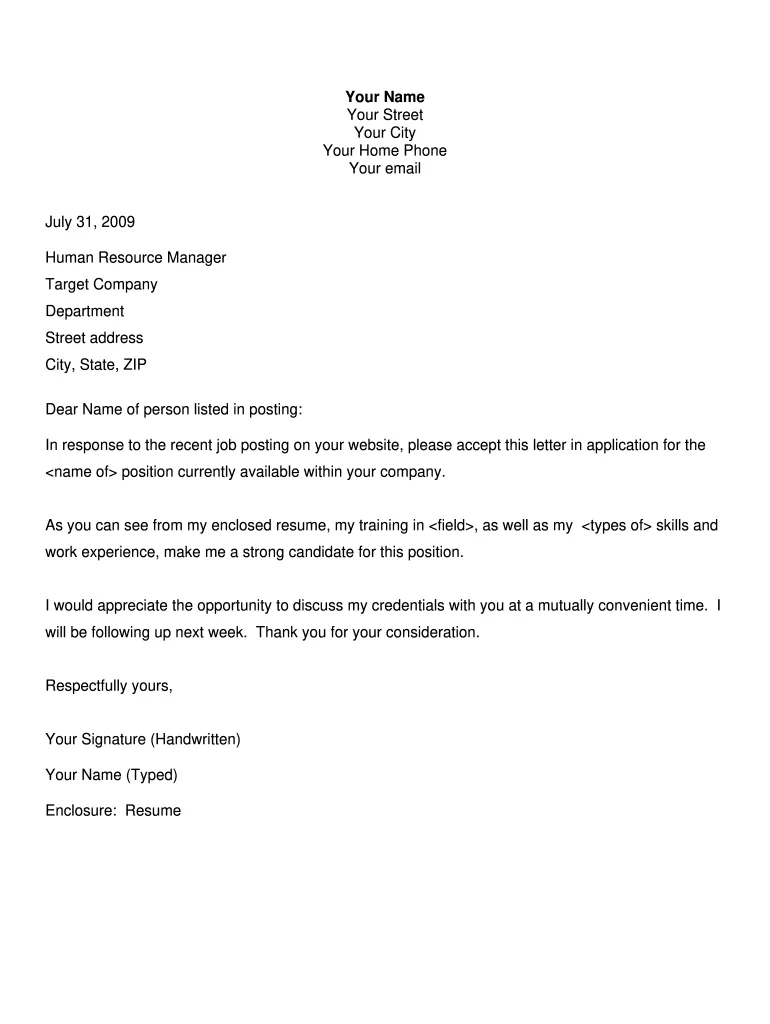
In certain situations, reapplying for a job may not be the best strategy. If the company has explicitly stated that they are not accepting applications from previous candidates, then avoid reapplying. If your qualifications or experience haven’t changed significantly since your initial application, reapplying may not be worthwhile. Be honest with yourself about your chances and consider other job opportunities. Evaluate the job posting and the company’s current situation before deciding whether to reapply. If you’re unsure, it might be best to move on and focus your energy on other opportunities that align with your skills and experience.
